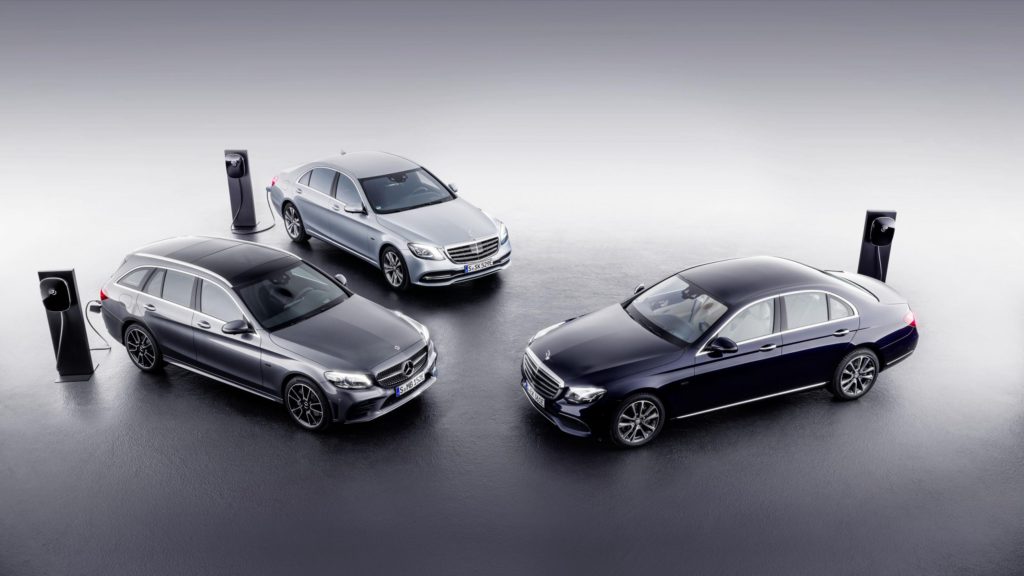Daimler accused of further emissions manipulation
15 April 2019

15 April 2019
Suspicions of emission manipulation continue to circle German carmaker Daimler, with a report by German newspaper Bild am Sonntag suggesting the KBA, Germany’s motoring authority, is investigating new allegations.
Around 60,000 Mercedes-Benz GLK 220 SUV models with Euro 5 engines had programmes installed to trick emissions tests. The KBA has initiated a formal hearing against the carmaker over the claims, Bild states.
Vehicles built between 2012 and 2015 would be examined, Daimler said. While unable to agree on the scale of the problem, a spokesperson did admit they were working closely with the KBA and has been doing so for some time.
The software uncovered activates a special temperature control, which keeps the coolant circuit artificially colder and delays the warm-up of the engine oil the newspaper states. This means that nitrogen oxide (NOx) levels remained below the legal limit in the NEDC test, which the vehicles would have undergone at the time. However, with the function deactivated in normal driving conditions, the limit of 180 milligrams per kilometre is exceeded.
Planned recall
Daimler disagreed with the newspaper’s presentation that the KBA found the carmaker was silently removing the program through vehicle software updates. The company said that these updates are part of a package of measures for more than three million Mercedes-Benz vehicles, and the German Ministry of Transport and the KBA approves such procedures.
′The claim that we want to hide something with the voluntary service measure is inaccurate,’ emphasised Daimler.
The procedure of recalling vehicles for software updates began in September 2018 and was done to reduce emission levels from a majority of its diesel vehicles. However, the KBA had ordered a recall for around 700,000 models due to an illegal shutdown device in the exhaust gas purification system. These vehicles were included in the three million model recall.
Deadline missed
German manufacturers are behind in their plans to update the software in 5.3 million diesel vehicles, a measure agreed at a special summit held in August 2017. To date, there are one million affected cars outstanding, despite plans to have the work completed by the end of 2018.
The programme was established to ward off the threat of hardware retrofits, although such action may now be inevitable due to the increasing number of cities instigating bans on diesel engines.
Daimler is embroiled in another emissions scandal, following an announcement from the European Commission that German carmakers ran a cartel involving pollution reduction systems in diesel vehicles, although as the ′whistleblower’, the company is not expecting to be fined for its involvement. In June last year, it was ordered to recall around 600,000 vehicles due to suspected manipulation.